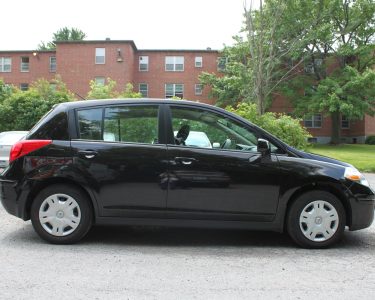In a bold move towards a greener and more pedestrian-friendly city, Lisbon’s city council recently announced that it will ban cars from its downtown area. The plan, which will take effect in late 2022, aims to prioritize pedestrians and bicycles in the city center, reducing pollution and improving quality of life for residents and visitors alike.
The ban will apply to an area covering approximately 55 hectares, including popular tourist spots such as the historic Alfama neighborhood, the Baixa district, and the waterfront area of Cais do Sodré. Only residents, public transport, and emergency vehicles will be allowed to drive within the designated zone.
Lisbon is not the first city to implement such a ban. Other cities in Europe, such as Madrid, Paris, and Barcelona, have taken similar measures to reduce traffic and improve air quality in their city centers. However, Lisbon’s plan stands out for its comprehensive approach, which includes the expansion of pedestrian areas and bike lanes, as well as the introduction of new public transport options, such as electric buses and trams.
The decision to ban cars from the city center has received mixed reactions from residents and businesses. While some have welcomed the move as a positive step towards a more sustainable city, others have raised concerns about the impact on local businesses and the potential for increased traffic congestion on surrounding streets.
The city council has sought to address these concerns by launching a public consultation process and working closely with local businesses to ensure a smooth transition. The council has also emphasized that the plan is part of a broader strategy to promote sustainable mobility, including the expansion of the city’s metro system and the introduction of shared mobility services, such as bike-sharing and car-sharing programs.
The ban on cars in Lisbon’s city center is part of a larger trend towards greener and more sustainable urban environments. As cities around the world face the challenges of climate change and growing urbanization, many are recognizing the need to prioritize pedestrians, bikes, and public transport over private cars.
By taking this bold step towards a car-free city center, Lisbon is leading the way in this global trend. While the transition may pose some challenges in the short term, the long-term benefits for residents and visitors are clear: cleaner air, quieter streets, and a more livable city for all.




